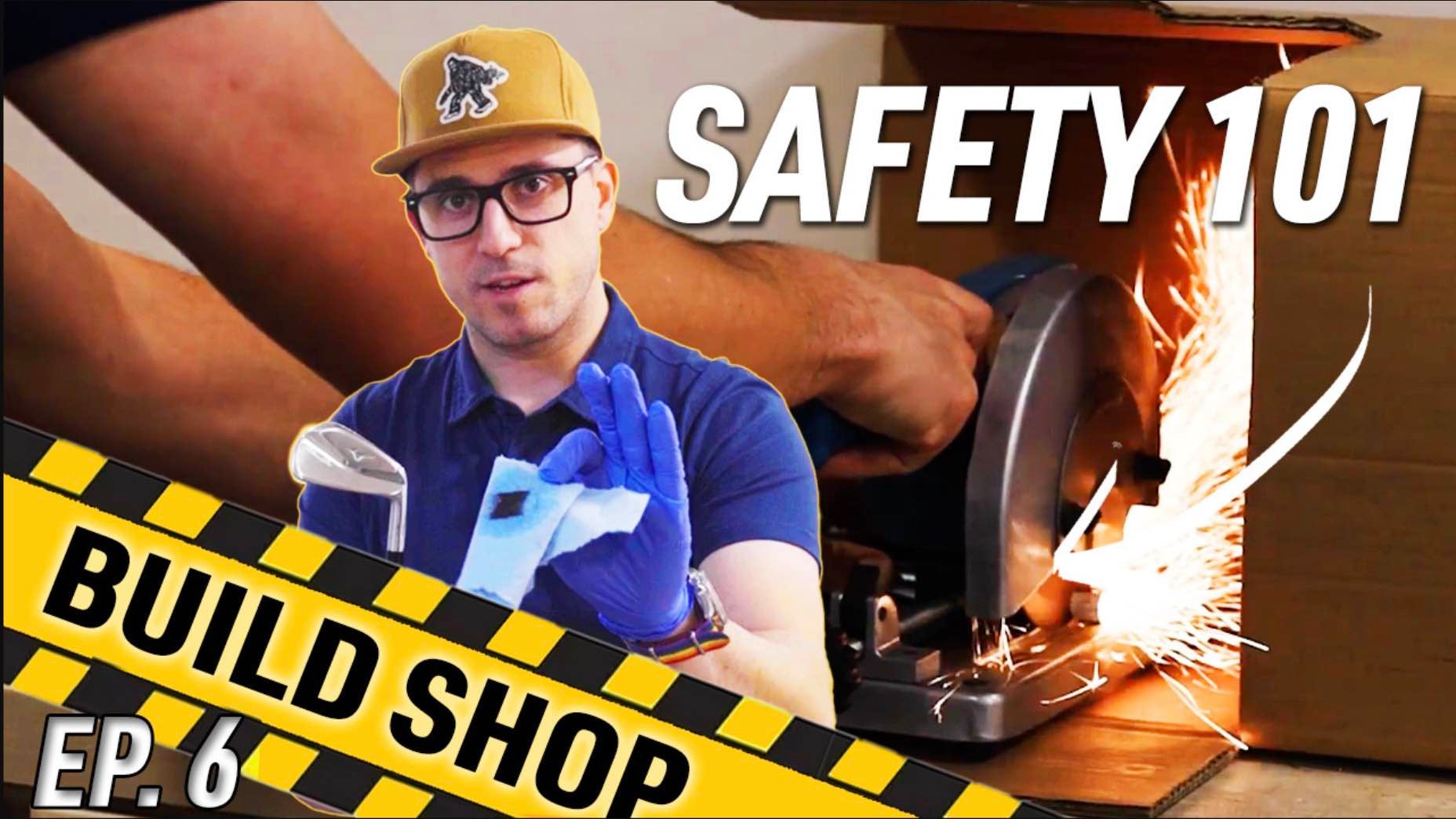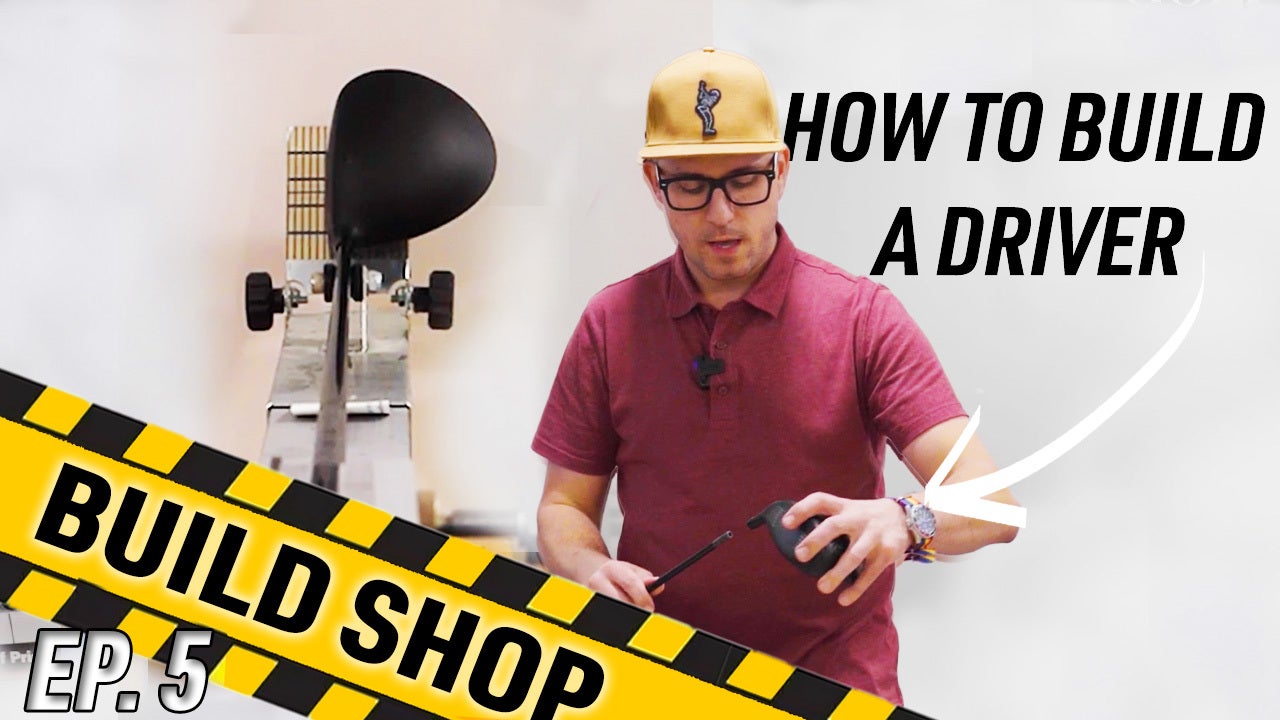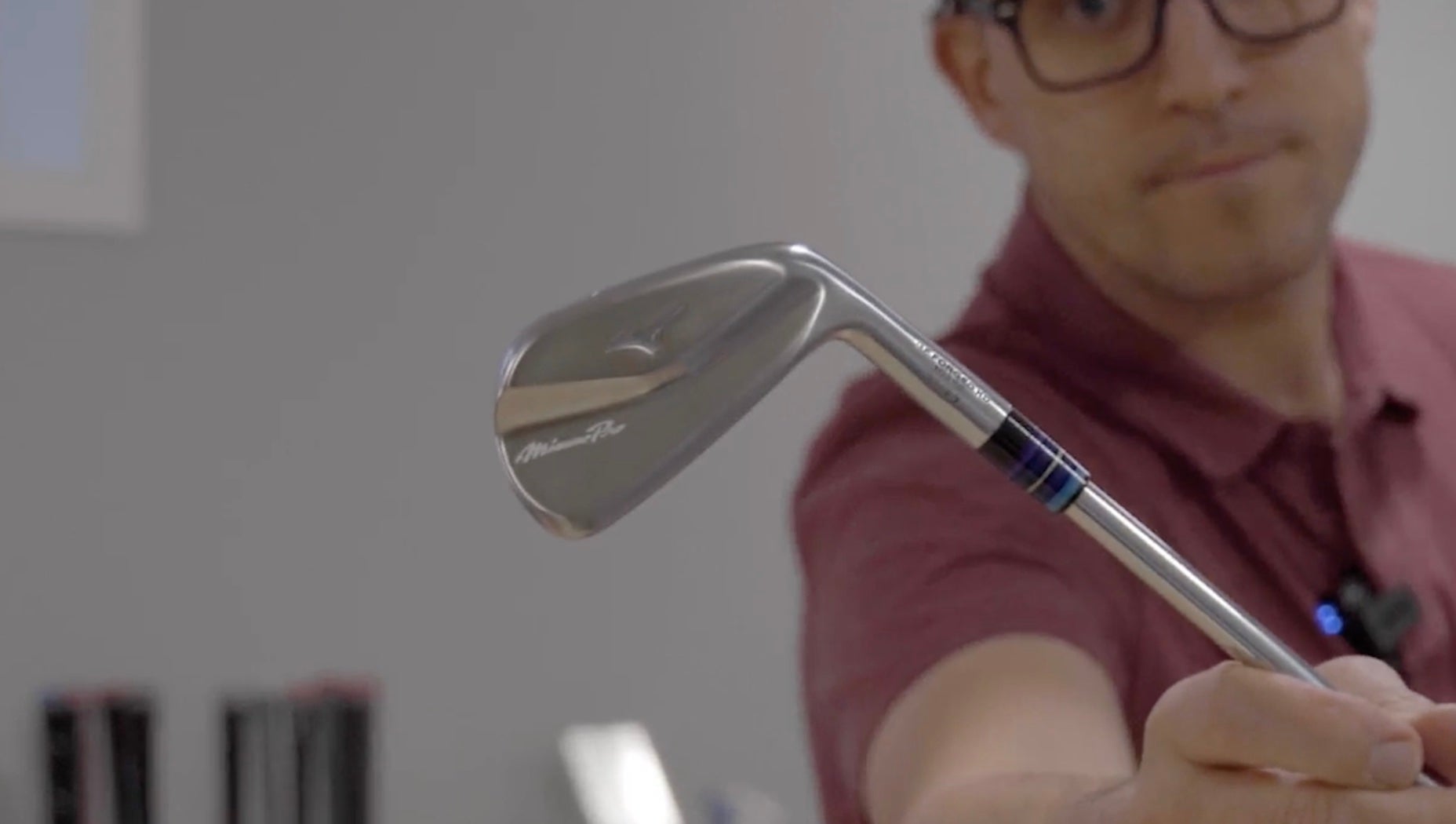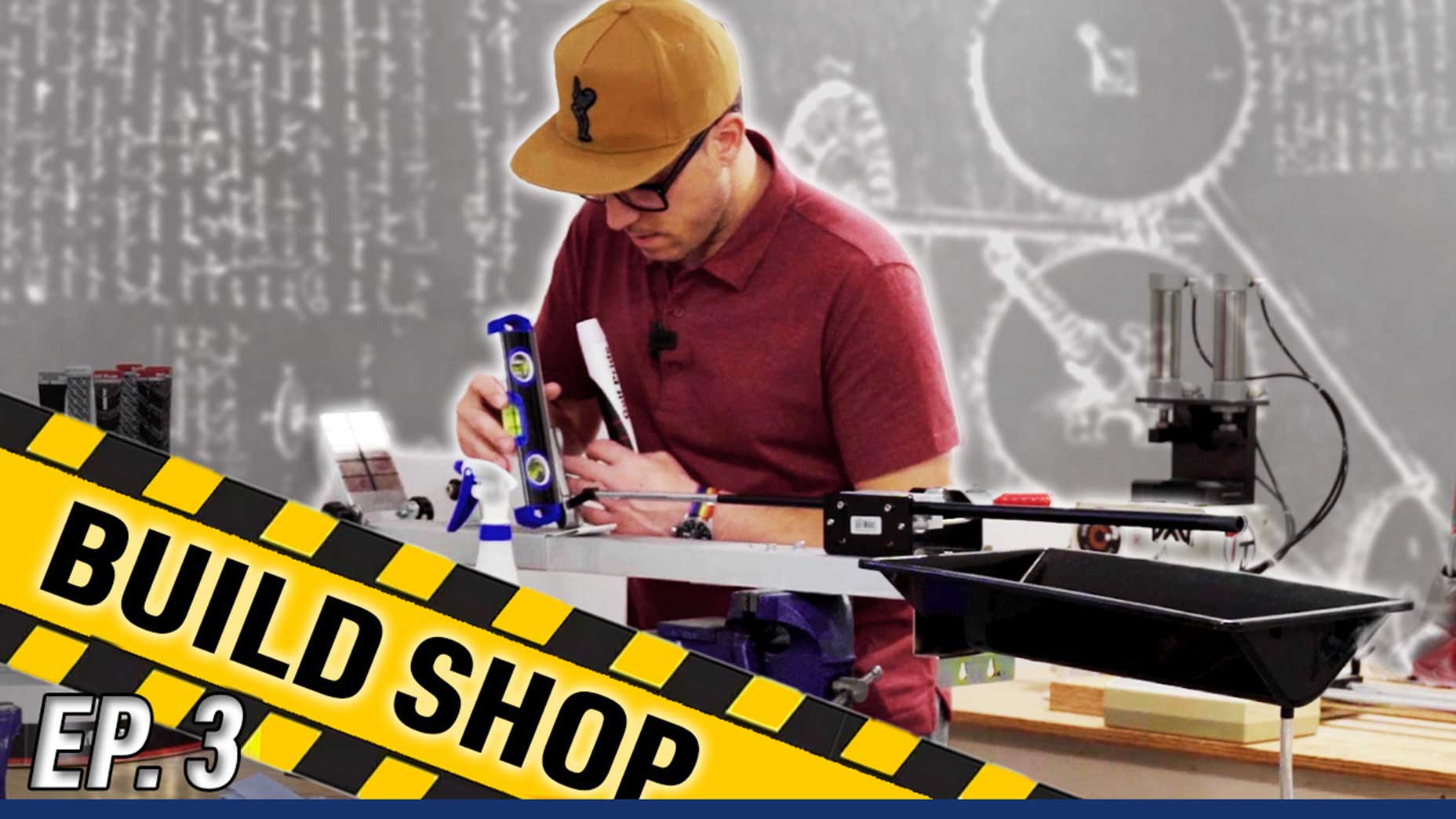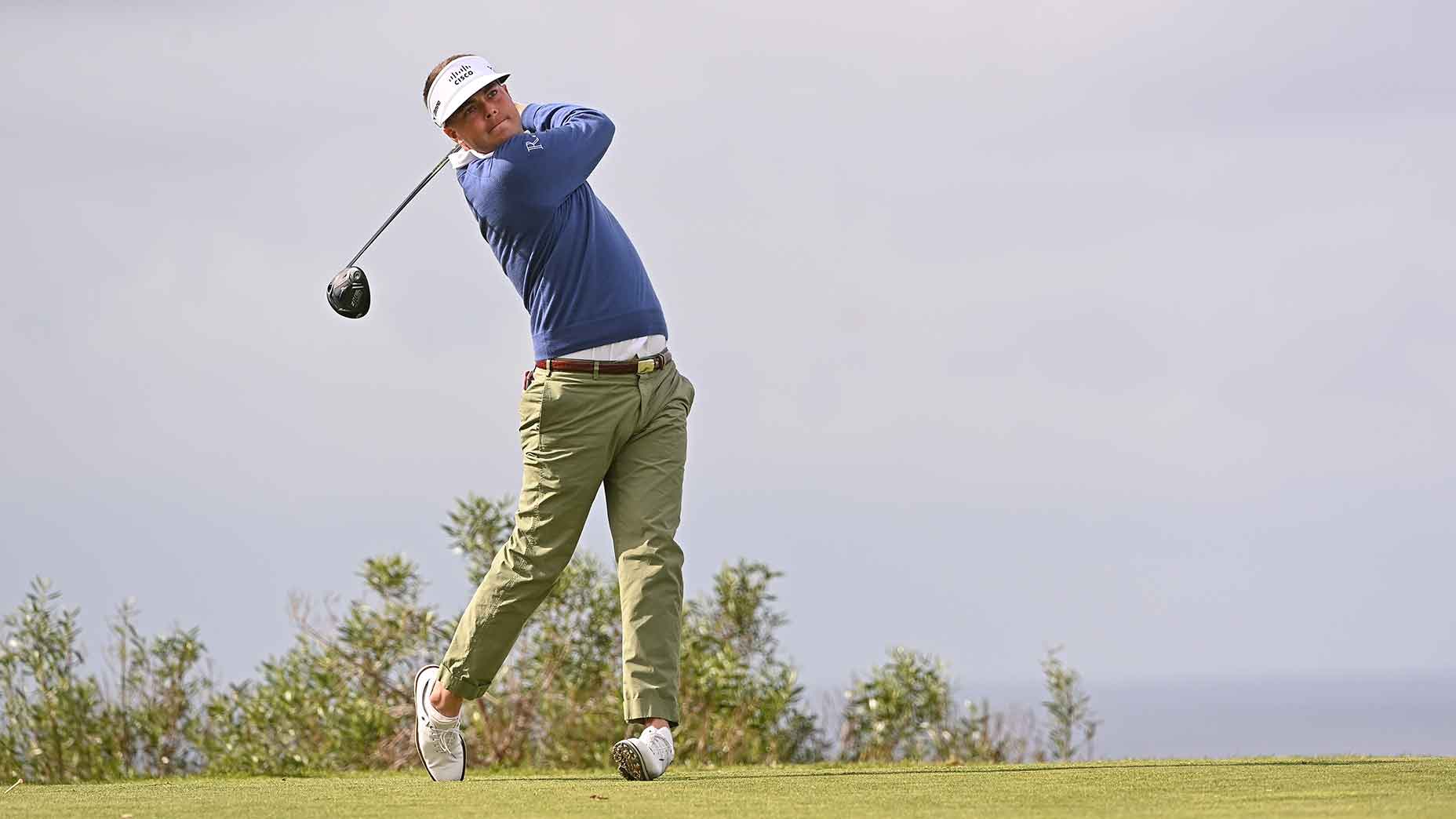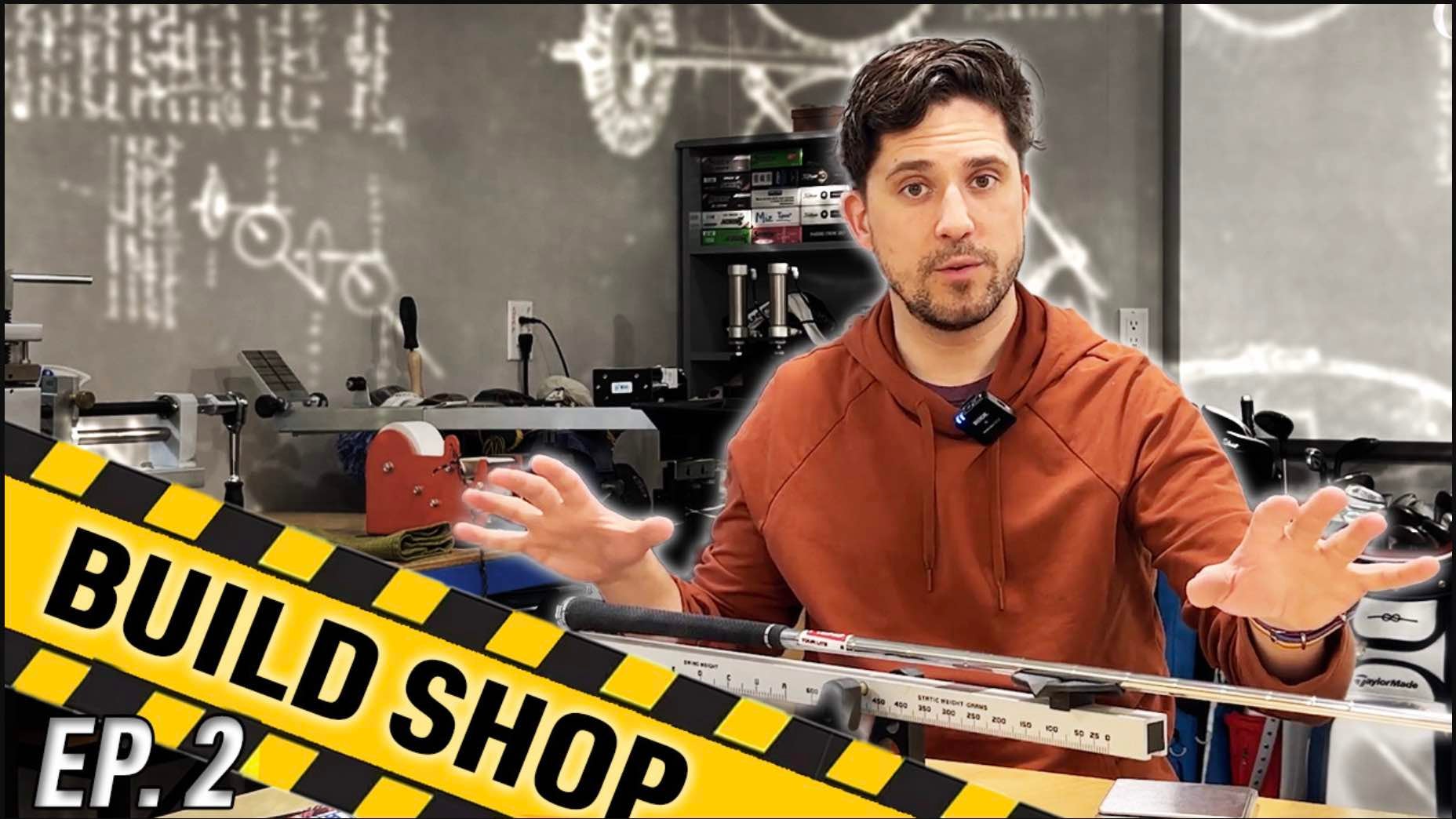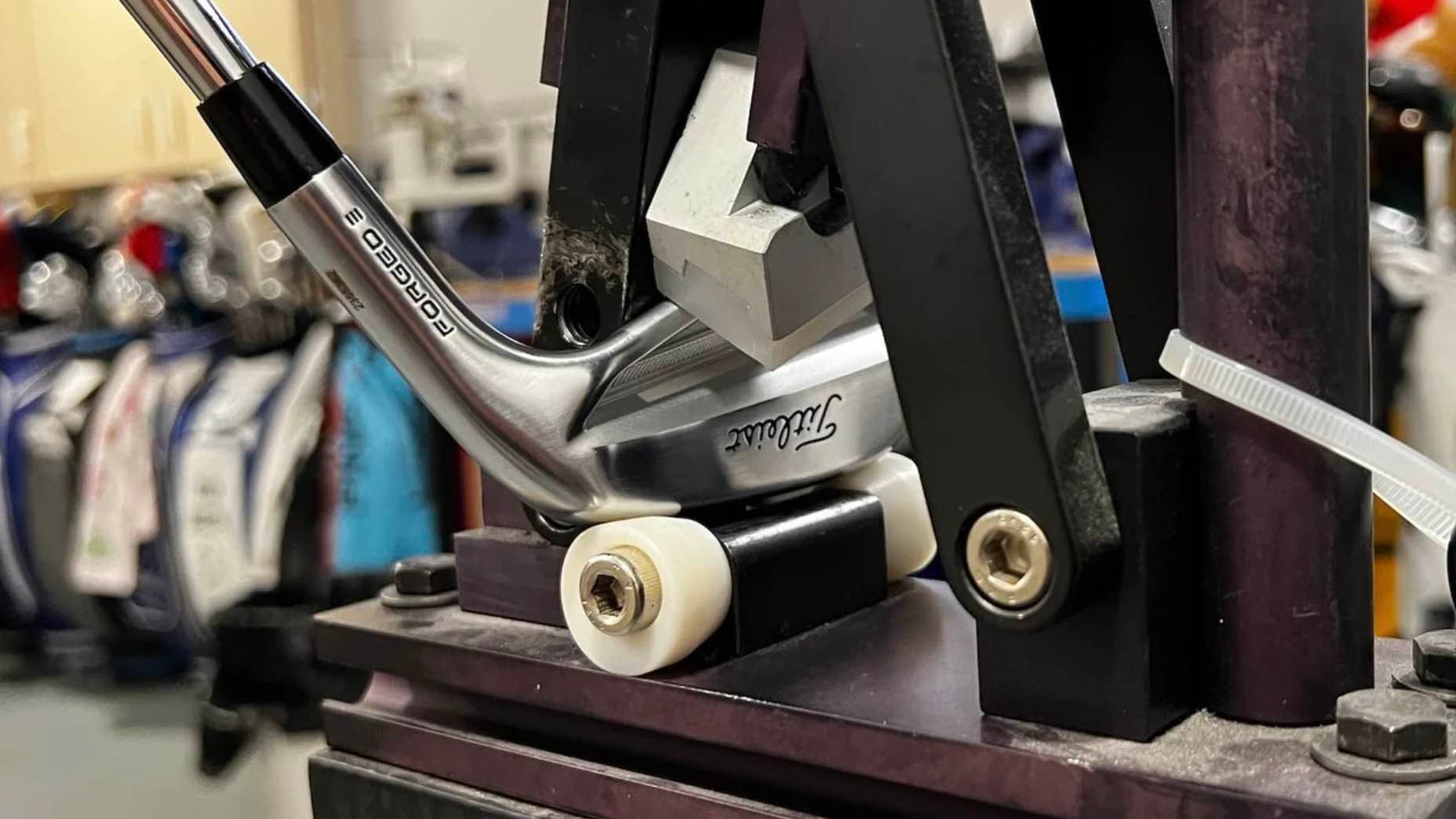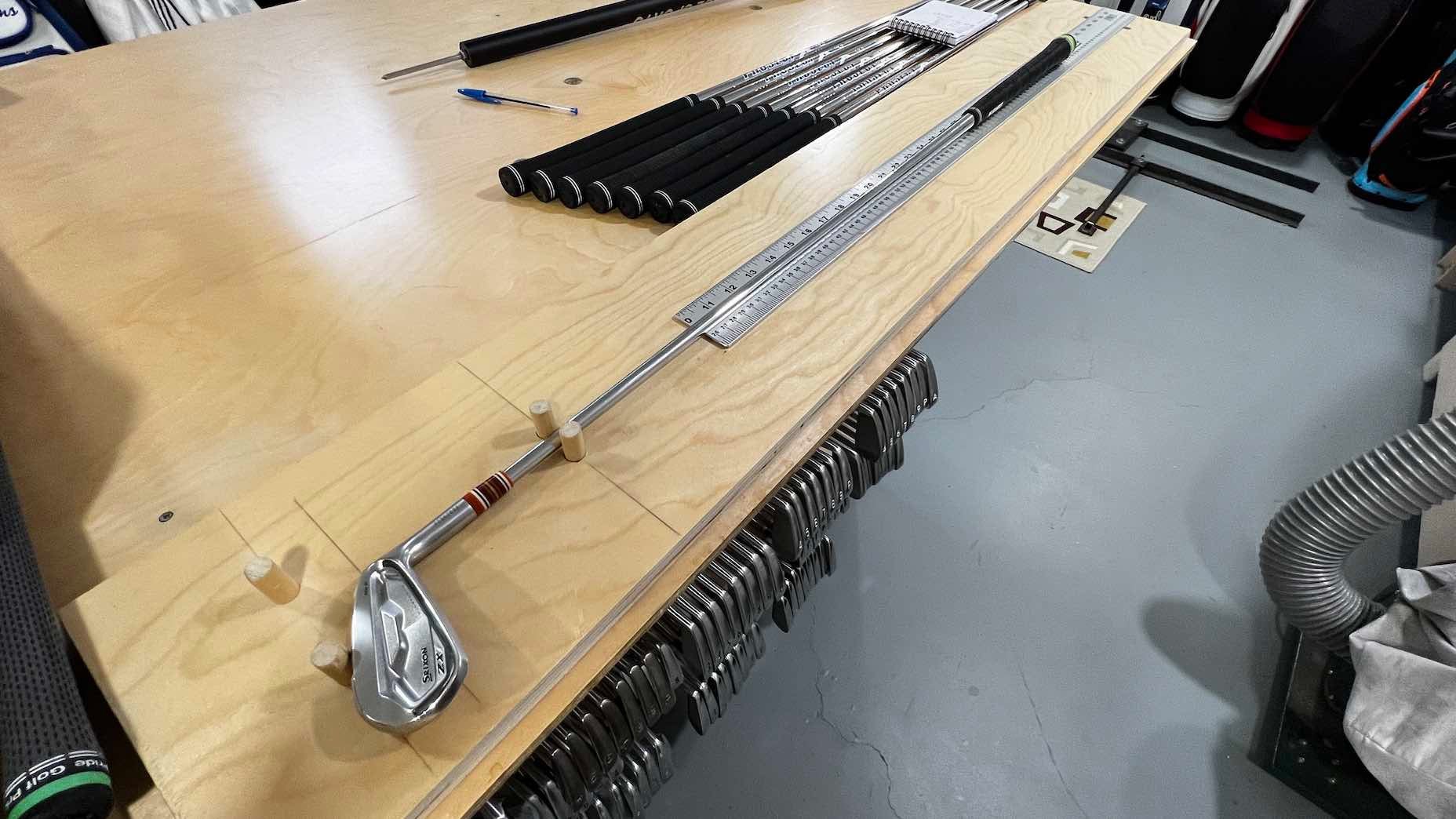Building golf clubs is just like cooking — you start with a bunch of ingredients, use sharp tools and ones that produce heat, then follow the directions to produce something delicious. Or, in the case of golf clubs, a well-built final product. But, just like when working in a kitchen, building clubs also requires you to work safely to prevent injury, and we’re here to help make sure you have the right tools to keep you safe.
Best ways to avoid injuries
Use sharp knives: Yes, this might seem counterintuitive when you’re trying to prevent injury, but sharp knives make cutting things easier and safer. Since they will cut through tape, ferrules and grips much more effectively, you’re not required to use as much force, and you greatly reduce the risk of slipping or breaking a knife blade. I’ve seen way too many club builders use knife blades long past their best-before date with the result being a broken blade caused by using too much force.
Don’t cut toward yourself: Just as it’s a great rule in the kitchen, cut away from your body when removing grips. Now if there is a slip or the knife blade breaks you don’t end up cutting yourself.
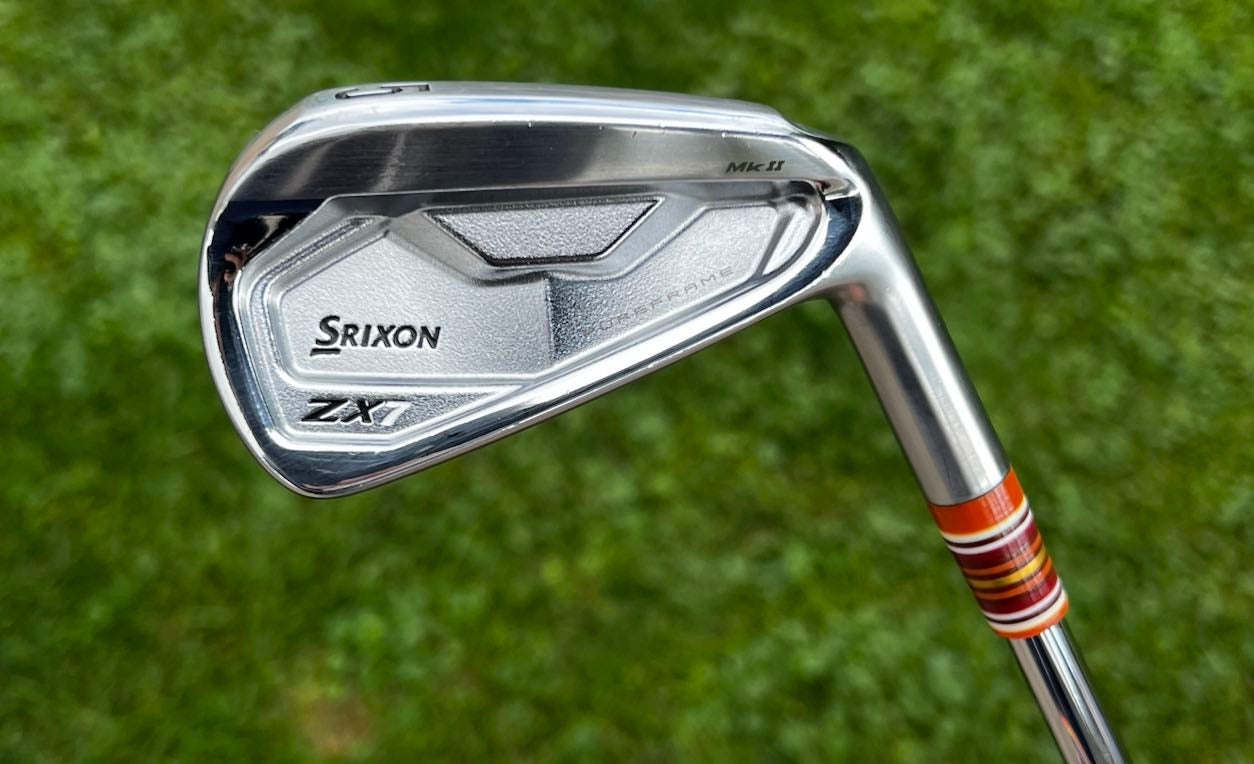
Use gloves when handling solvents: Acetone is a common solvent used in the club-building process to remove dirt and oils from a golf shaft before installation or to shine up recently buffed ferrules. Acetone also happens to be a pretty strong solvent that can damage your skin with repeat usage, so using gloves to protect yourself will help keep your hands happy and healthy.
Wear safety glasses: I don’t need to explain that your eyes are important, so please wear safety glasses when building clubs to prevent everything from a spritz of grip solvent to a hot metal spark from getting into your eyes and causing an ER visit.
Have proper ventilation: Cutting steel and graphite shafts creates a lot of airborne dust particles, and if you don’t have a dust collection/negative air system, having all those particles floating around a small space isn’t a good thing for your lungs. Whether you’re working in a large or small space, air quality is important, and wearing a respirator mask will prevent those particles from getting into your lungs so you can breathe easily.
Want to overhaul your bag? Find a fitting location near you at True Spec Golf.
